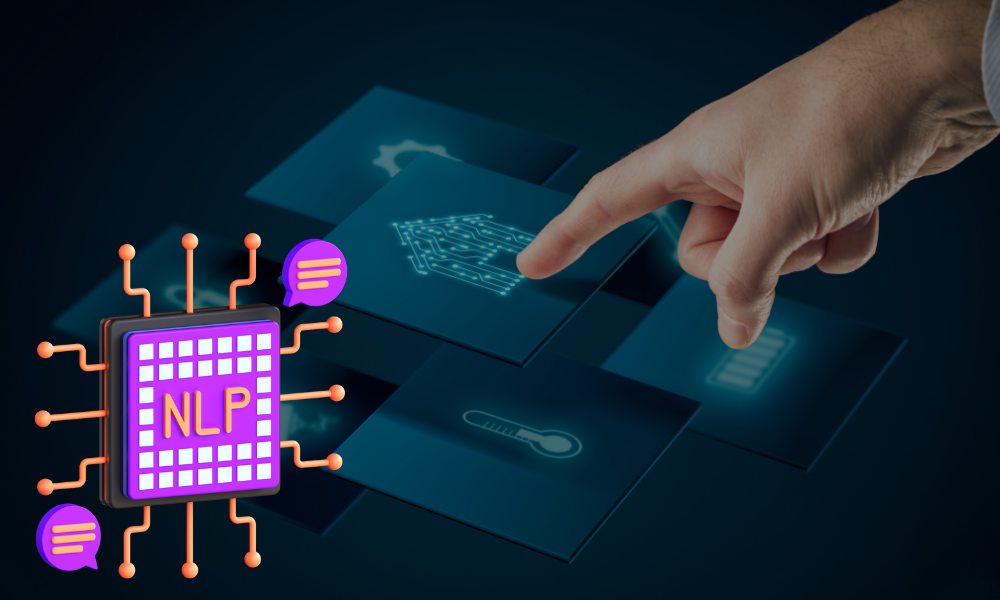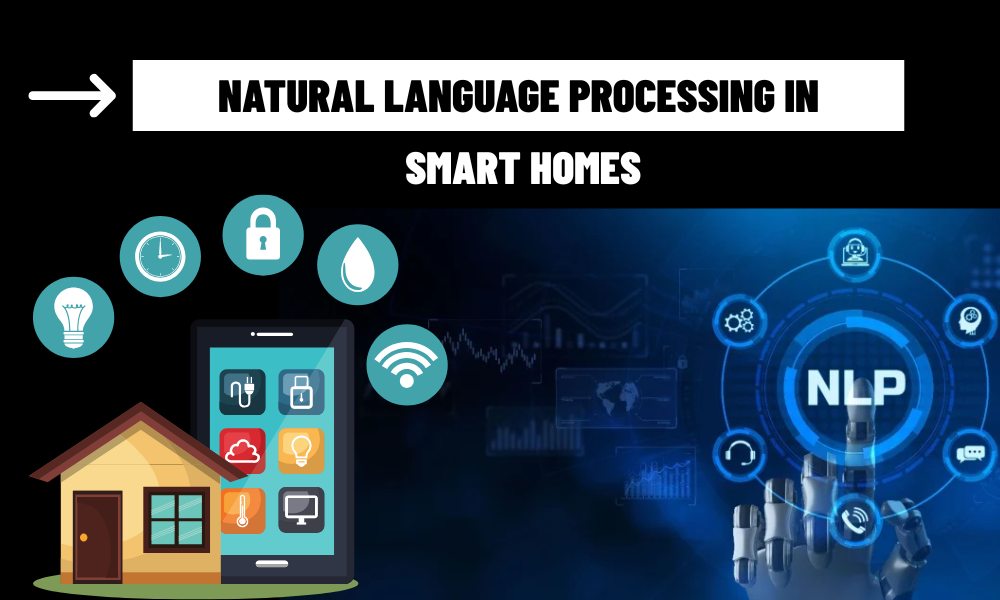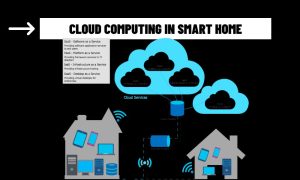Natural Language Processing (NLP) has made smart homes more intuitive by enabling voice-activated control, but it also raises significant privacy and ethical concerns. As devices like smart speakers and voice assistants continuously process and store user data, questions about surveillance, consent, and data security arise. This article examines the privacy challenges of NLP in smart homes, ethical considerations, and strategies to balance functionality with user trust.
How NLP Introduces Privacy Risks
NLP-powered smart home devices rely on collecting and analyzing voice inputs, often transmitting data to cloud servers for processing. This introduces several risks:
- Data Storage: Voice recordings, even if temporarily stored, can be accessed if servers are breached, as seen in past incidents involving Amazon Alexa data leaks.
- Always-On Listening: Devices in “wake word” mode may inadvertently record private conversations, raising concerns about unintended surveillance.
- Third-Party Sharing: Some companies share anonymized voice data with partners for improving NLP models or advertising, often without explicit user consent.
For instance, in 2019, reports revealed that contractors reviewed Alexa recordings to train algorithms, sparking public backlash over transparency.
Ethical Challenges
Beyond privacy, NLP in smart homes poses ethical dilemmas:
- Informed Consent: Users may not fully understand how their voice data is used, especially when privacy policies are complex or vague.
- Bias in NLP Models: Language models trained on biased datasets may struggle with certain accents or dialects, leading to unequal performance across demographics.
- Manipulation Risks: Personalized NLP responses could subtly influence user behavior, such as promoting specific products based on voice interactions.

Mitigating Privacy and Ethical Risks
To address these concerns, manufacturers and developers can adopt the following practices:
On-Device Processing: Shift NLP tasks to local hardware to minimize cloud data transmission. Apple’s HomePod, for example, processes some Siri commands locally.
End-to-End Encryption: Ensure voice data is encrypted during transmission and storage, preventing unauthorized access.
Transparent Policies: Clearly communicate data collection practices and provide easy opt-out options for data sharing or storage.
Anonymization: Strip identifiable information from voice data used for training NLP models.
Bias Mitigation: Train models on diverse datasets to ensure equitable performance across languages, accents, and cultural contexts.
User Empowerment
Consumers can also take steps to protect their privacy:
Review Settings: Disable voice data storage or limit cloud processing in device settings, where available.
Use Wake Words Strategically: Mute devices when not in use to prevent unintended recordings.
Choose Privacy-Focused Brands: Opt for devices from companies prioritizing local processing and transparent data policies, such as Apple or certain open-source platforms.
The Role of Regulation
Governments are stepping in to address NLP-related privacy concerns. Regulations like the EU’s GDPR and California’s CCPA mandate clear consent and data minimization, holding companies accountable for misuse. Future policies may require mandatory on-device processing for sensitive tasks or stricter penalties for data breaches.
Advancements in privacy-preserving NLP, such as federated learning, could allow devices to improve models without sharing raw data. Additionally, ethical AI frameworks will prioritize fairness and transparency, ensuring NLP systems respect user autonomy. Blockchain-based solutions may also emerge to give users control over their voice data.
NLP-powered smart homes offer unparalleled convenience but come with significant privacy and ethical challenges. By prioritizing on-device processing, transparent policies, and equitable algorithms, the industry can build trust while maintaining functionality. As regulations evolve and users demand greater control, NLP will play a pivotal role in creating smart homes that are both intelligent and ethically sound.















